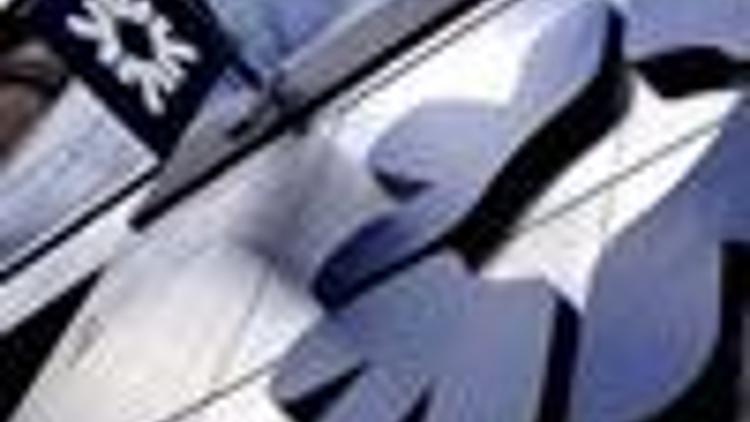UK throws banks a lifeline as RBS posts record loss
Güncelleme Tarihi:

Britain launched a second bank rescue plan and Royal Bank of Scotland recorded the biggest loss in UK corporate history Monday while a cut in Spain's credit rating caused fresh market wobbles.
Announcing
The European Commission, meanwhile, forecast the euro zone economy would contract for the first time this year, by 1.9 percent, and grow by only 0.4 percent in 2010.
"There is a way to go yet. Looking out toward the next year, there's no doubt the downturn in economies across the world is really quite sharp now," Darling said.
RBS said it made a loss of up to 28 billion pounds ($41.3 billion) last year, including a huge goodwill hit on its purchase of parts of ABN AMRO in 2007. The state's stake in RBS will rise to 70 percent from 58 percent.
The worst financial crisis in 80 years has already felled top banks and pushed much of the world into recession.
The euro zone's fourth largest member,
The move by S&P to cut its rating to "AA+" from "AAA," a level
"The downgrade ... reflects our expectations that public finances will suffer in tandem with the expected decline in Spain's growth prospects, and that the policy response may be insufficient to effectively counter the related economic and fiscal challenges," S&P credit analyst Trevor Cullinan said.
The
The government also gave the Bank of England a green light to increase money supply if it thought it necessary as interest rates, now at 1.5 percent, approach zero.
"It sounds very much like quantitative easing," said Alan Clarke,
The Danish government unveiled a 100 billion crown ($17.8 billion) bank credit package of its own Sunday to jump-start corporate and private lending, prompting shares in leading Danish banks to trade higher Monday.
The market mood is feverish -- shares in
Its shares climbed but then slid into the red as RBS plunged 42 percent on the back of its colossal loss and Lloyds TSB dropped 22 percent on fears for the sector.
"If recent history is a guide, any market euphoria related to such a bailout package generally evaporates on the realization that such mammoth support was required in the first instance," said Daragh Maher, Deputy Head of Global FX Strategy at Calyon.
OBAMA POISED
The incoming
In Washington, a senior adviser to Barack Obama, who will be sworn in as president Tuesday, said the new team would soon change the way the second half of the $700 billion bank rescue scheme was run to make it more effective.
One option under discussion is a government-run "aggregator bank" that would absorb toxic debt weighing down banks' balance sheets. Obama is also working with lawmakers to launch an $825 billion fiscal stimulus plan by mid-February.
The
One forecasting group said
Japan is expected to report Thursday a record 30 percent drop in exports and its central bank is set to forecast that the world's second-biggest economy will contract for the full two years to March 2010 and will soon return to deflation.
International Monetary Fund chief Dominique Strauss-Kahn said more countries may soon need IMF bailout packages.
"I'm afraid that some other countries, not only in eastern Europe, but all around the world (may need help)," he said.

